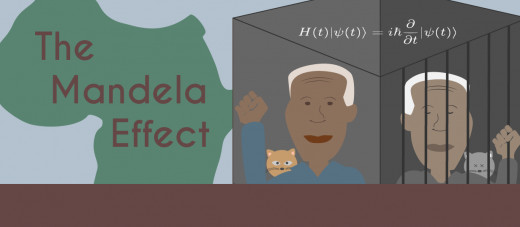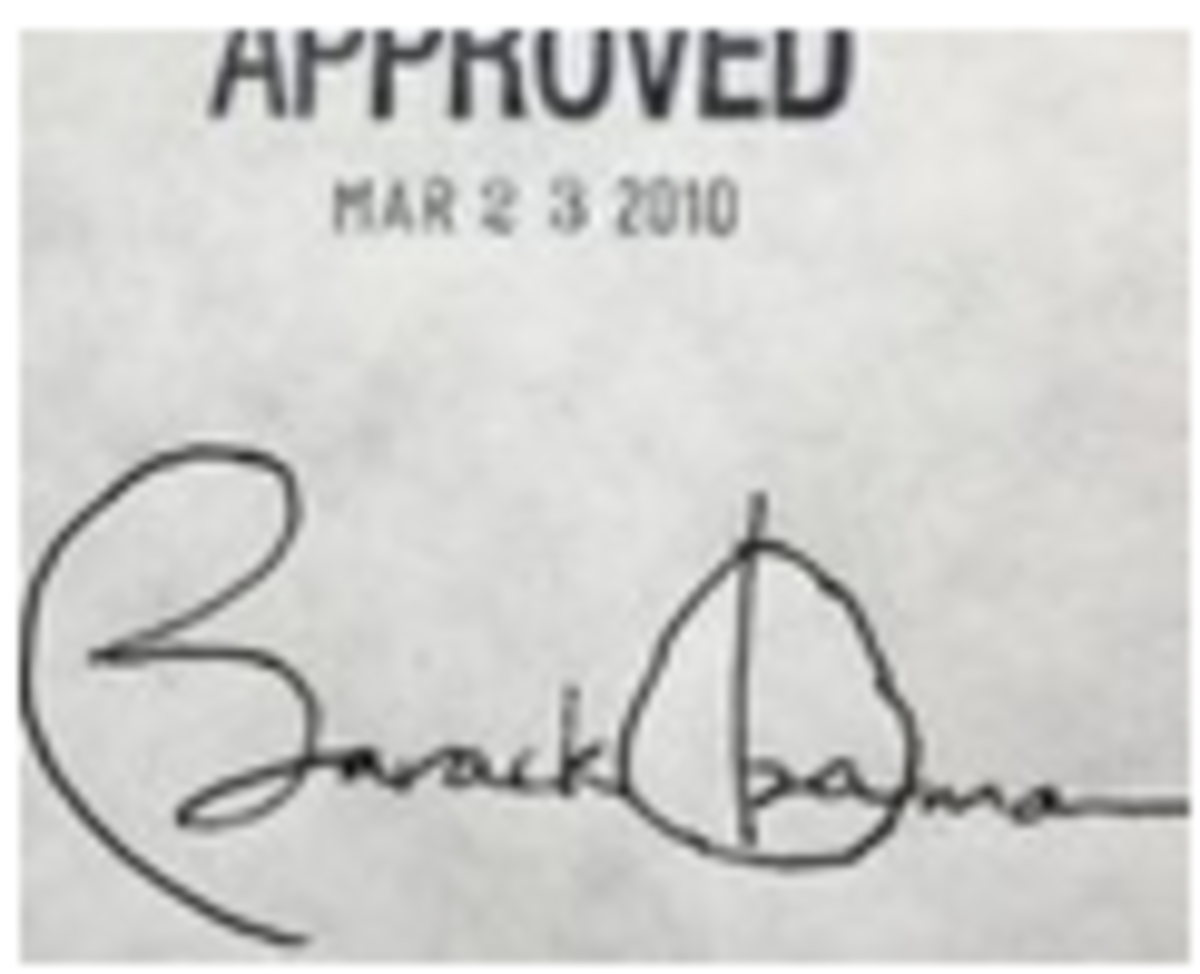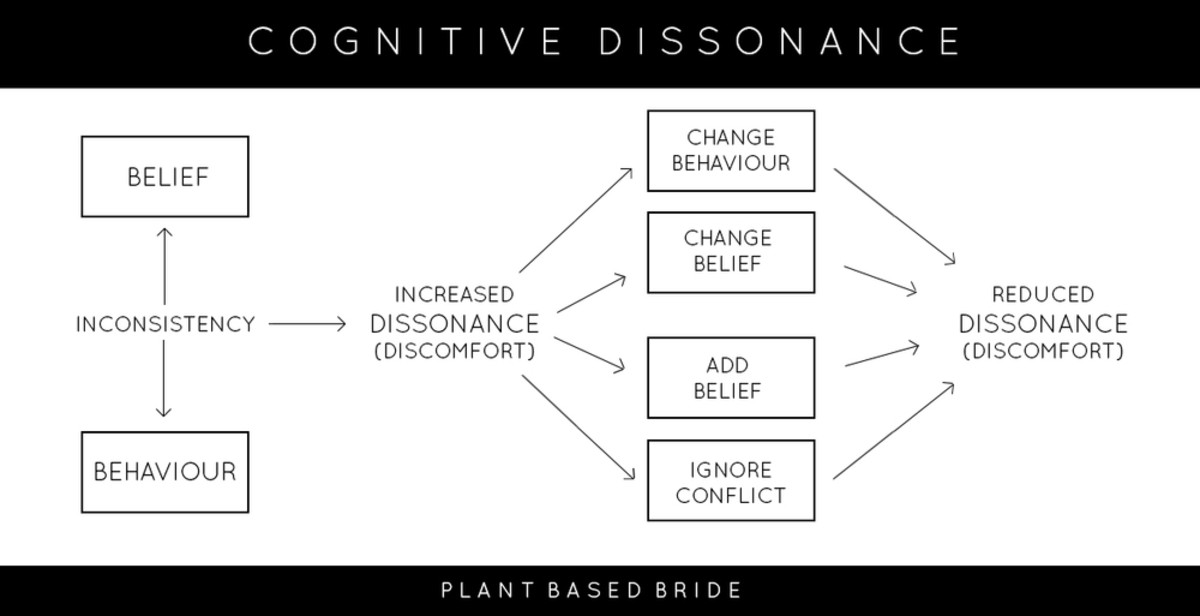The Mandela Effect: Causing Self-Doubt Since 2009

Let's Warm Up First, Dear Reader
Glance over this list:
Let’s warm up first, dear reader. Glance over this list:
- Sex in the City
- Febreeze
- Oscar Meyer
- Sketchers
- The Flinstones
- Fruit Loops
Pretty familiar, right? These -more or less- staples of American culture. Almost. That HBO comedy-drama that launched in the late 1990s was Sex and the City. The effective odor-eliminating spray is Febreze. Ever rocked out to the Oscar Mayer Wiener Jingle? Surely, you have seen a pair of Skechers, sans the “t”, which we can now take and add to The Flintstones, which you may have watched one rainy Saturday morning while munching on a bowl of Froot Loops.
Wait, What?
No worries if you currently feel as if your brain is short-circuiting. I shared that pain. So, before I make it better with an explanation, allow me to make it worse with a couple more examples.
How many of us have ended that classic rock tune, “We are the Champions”, popularized by the ultra-fashionable Freddie Mercury, with “…of the world!”? Funny, how we all sang words that never existed in the original song. Mercury never uttered that phrase.
Or how about that lovely little jingle, Mr. Rogers’s theme song, “It’s a beautiful day in…”. Wait. Did your brain immediately complete that title with “the neighborhood”? Close. But not quite. It’s “this neighborhood”.
Many of us may additionally remember Alexander Hamilton being president, which he never was. One of the founding fathers of the United States, certainly, but never head honcho. Or that the Lindbergh baby, that famous kidnapping case, went cold; it didn’t. The body of the child was found and the killer convicted.
If you haven't had enough internal struggle yet, check out the short video below for some more tediousness. Then, we’ll discuss.
10 Additional Examples of the Mandela Effect
Collective Misremembering. False Memories. It’s the Mandela Effect!
The Mandela Effect was coined by paranormal researcher Fiona Broome in 2009. The term was created to explain the global phenomenon concerning the anti-apartheid South African leader, Nelson Mandela. Countless people believed -with undoubted certainty- that he died in prison in the 1980s, although Mandela didn’t die until 2013, after being released from prison and serving as President of South Africa. Soon after the concept of the Mandela Effect appeared on the internet, more examples became attributed to these instances of individual false memories and collective misremembering.
No One is 100% on Why, but Here are Some Possible (and Simplified) Explanations
- Multiverse theory: based on the theory that within each universe, of which there are many, alternate versions of objects and events exist. False memories, therefore, are the product of two parallel universes crossing at a particular instance.
- Source-monitoring error: an experience is wrongly found to be the source of a memory. An example of this may be dreaming about a conversation, then distinctly remembering said conversation and believing it to have occurred in reality.
- Confabulation: the brain plugs gaps in memory with falsities, but without intent to deceive, like mistakenly recalling an experience that is distorted from the original or didn’t even occur.
- Suggestibility: people unknowingly accept ideas based on what they see or hear. For instance, an individual hears a news report indicating that a murderer is driving a red car. Later that day, that same individual looks in his rearview to see a red car and immediately thinks “murderer”. If he hadn’t been exposed to the news earlier, the thought linked to the car would probably have been something completely different.
- Another possibility is that misinformation and untruths, which are consistently reinforced through media, eventually become part of collective reality. Deepfakes, wherein images and sounds are so expertly manipulated that they appear real, provide a terrifying example of how easily reality can be altered, with that reality then shared by millions over the internet.
There you have it: a neat synopsis of the Mandela Effect and some possible explanations for the phenomenon. I’ve included some great reads below (References) if you haven’t had your foundation shaken enough yet. Now, I return you to our information-choked world, where even the smallest inconsistencies can become life altering. Happy misremembering!
A Great Podcast on the Mandela Effect
References
- https://www.cnbc.com/2019/10/14/what-is-deepfake-and-how-it-might-be-dangerous.html
"Deepfakes" are being used to depict people in fake videos they did not actually appear in, and can potentially affect elections, diplomacy and how markets move, experts say. - Can Neuroscience Explain the Mandela Effect? - Knowing Neurons
Would you trust a memory if it felt as real as all your others? And other people confirmed they remember it, too? What if the memory turned out to be false? - On shared false memories: what lies behind the Mandela effect | Aeon Ideas
- The Mandela effect: Explaining the science behind false memories | The Independent
Have you ever been convinced that something is a particular way only to discover you’ve remembered it all wrong? If so, it sounds like you’ve experienced the phenomenon known as the “Mandela effect”. - The 'Mandela Effect' and how your mind is playing tricks on you
Proof of time travel, false memories or a parallel universe? A look at the wacky world of the 'Mandela Effect'. - How the Mandela Effect Took Over the Internet - VICE
Have you misremembered the spellings of childhood favorites like 'The Berenstain Bears,' Froot Loops, and Jif peanut butter? This theory explains why. - Mandela Effect Causes and Examples
The Mandela Effect occurs when a large mass of people believes that an event occurred when it did not. Explore examples and possible explanations.
This content is accurate and true to the best of the author’s knowledge and is not meant to substitute for formal and individualized advice from a qualified professional.
© 2020 Lilith Eden






